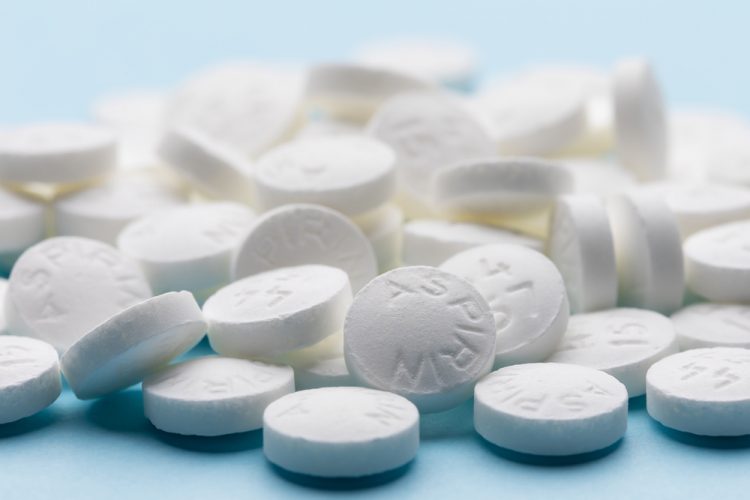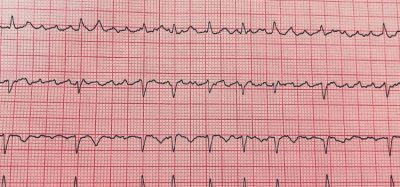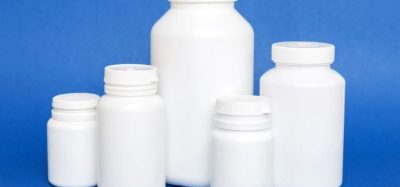Aspirin may decrease ICU admission and death in COVID-19 patients
Posted: 18 March 2021 | Hannah Balfour (European Pharmaceutical Review) | 1 comment
In a new study, low dose aspirin reduced risk of mechanical ventilation, ICU admission and in-hospital mortality by over 40 percent each.


New trial results indicate low doses aspirin may reduce the need for mechanical ventilation, intensive care unit (ICU) admission and in-hospital mortality in hospitalised COVID-19 patients.
“As we learned about the connection between blood clots and COVID-19, we knew that aspirin – used to prevent stroke and heart attack – could be important for COVID-19 patients,” explained Dr Jonathan Chow, assistant professor of anesthesiology and critical care medicine and director of the Critical Care Anesthesiology Fellowship at the George Washington University School of Medicine and Health Sciences, US. “Our research found an association between low dose aspirin and decreased severity of COVID-19 and death.”
Over 400 patients admitted to US hospitals from March to July 2020 were enrolled in the study, published in Anesthesia & Analgesia. Of the 412 enrolled, 314 patients (76.3 percent) did not receive aspirin, while 98 patients (23.7 percent) received aspirin within 24 hours of admission or seven days before admission. After adjusting for demographics and comorbidities, it was shown that aspirin use decreased risk of mechanical ventilation by 44 percent, ICU admission by 43 percent and in-hospital mortality by 47 percent. There were no differences in major bleeding or overt thrombosis between aspirin users and non-aspirin users.
Preliminary findings were first published as a preprint in fall 2020. Since then, other studies have confirmed the impact aspirin can have on both preventing infection and reducing risk for severe COVID-19 and death. Chow said he hopes that this study leads to more research on whether a causal relationship exists between aspirin use and reduced lung injury in COVID-19 patients.
Chow concluded: “Aspirin is low cost, easily accessible and millions are already using it to treat their health conditions. Finding this association is a huge win for those looking to reduce risk from some of the most devastating effects of COVID-19.”










I believe that the role of anticoagulants in Covid-19 infection should be better investigated. Thrombosis is a pathological process that consists of the formation of thrombi within blood vessels, which obstruct or prevent normal blood circulation. Thrombus formation in the lungs blocks oxygen intake. Preventing thrombosis is possible with anticoagulants. Aspirin is one of them along with heparin and others. The fatalities that occurred after the administration of the COVID vaccine could be avoided if people were advised to take aspirin (even at low doses 100 mg) at least 7 days before vaccination. Obviously, there have been states of anaphylactic shock but again, this could be addressed.